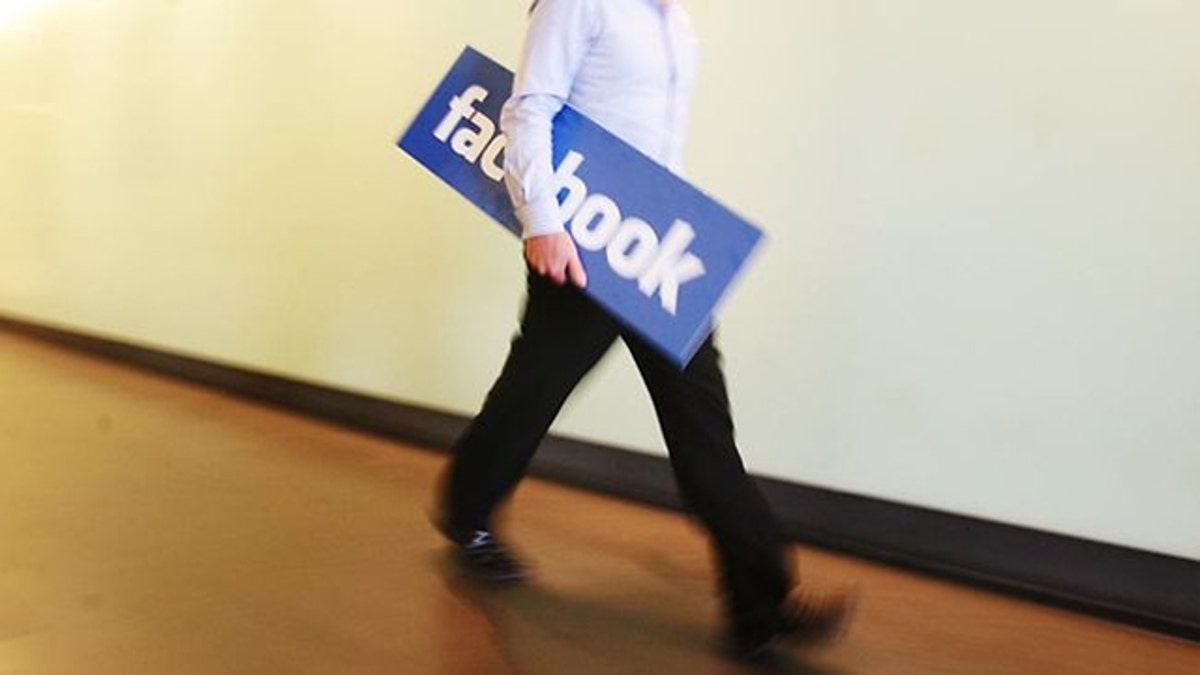
(Facebook)
What are you waiting for? Go make some enemies!
That’s the advice given at EnemyGraph.com, the website for a free app with a single-minded purpose: It lets people name their enemies on Facebook. But is this a cyberbully’s best weapon yet?
Facebook unifies people and long-lost friends, largely by highlighting the things they have in common. Click the “Like” button and you show and share your interests with others just like you. There’s no “dislike” button, however -- so Dean Terry, director of the Emerging Media and Communications program at the University of Texas at Dallas, had to create one.
“Most social networks attempt to connect people based on affinities: you like a certain band or film or sports team, I like them, therefore we should be friends,” Terry wrote in a blog post. "But people are also connected and motivated by things they dislike. Alliances are created, conversations are generated, friendships are stressed, stretched and/or enhanced.”
EnemyGraph lets users name their enemies, revealing how common hatreds -- toward a person, a company, a group, or whatever -- can unite people as well. And when the label “enemy” doesn’t quite encapsulate the amount of hatred a user feels toward a particular person or thing, explained BGR.com, he or she can up the stakes and designate it as an archenemy.
As the app grows in popularity, Facebook users are doing just what EnemyGraph asks of them: “Trending enemies” from the app include the Westboro Baptist Church, God, Internet Explorer, the EnemyGraph app itself, Fox News and Justin Bieber.
Some Facebook users were quick to worry that the app may represent the ultimate bullying tool.
“Wow a new form of bullying! Wow, just what we don’t need!!!!” wrote Donna Williams on Facebook.
Jeff Godlis, a spokesman for the classroom-focused e-safety education group i-Safe, agreed.
“This is easy, quick and can be targeted attack against another,” he told FoxNews.com. The app sends information anonymously, he noted, which tends to encourage abuse of any system.
“Anonymity encourages cyberbullying, as it is hurtful action taken without responsibility or consequence. It reminds me of Formspring and similar networking sites, which may have been created with the best socialization intentions, but it is often used to bully others,” he said.
“Unfortunately, young people have seemingly unlimited opportunities to harass and bully others, both online and in their everyday lives,” Godlis said.
But Terry believes he has eliminated the potential for misuse.
“Beyond the obvious fact that every tool can be misused, ours is all opt-in,” he wrote. Beyond that, you can only cite your friends as people you hate, he explained.
“If you are not friends with someone, or not a user of the app, or generally not famous, you cannot be listed as an ‘enemy.’ We will also monitor the app closely for abuse.”
Facebook declined to comment about the tool, but the company takes a clear stance against bullying, suggesting a user unfriend or block a bully, and offering a link to a page where someone can report abusive content.








































